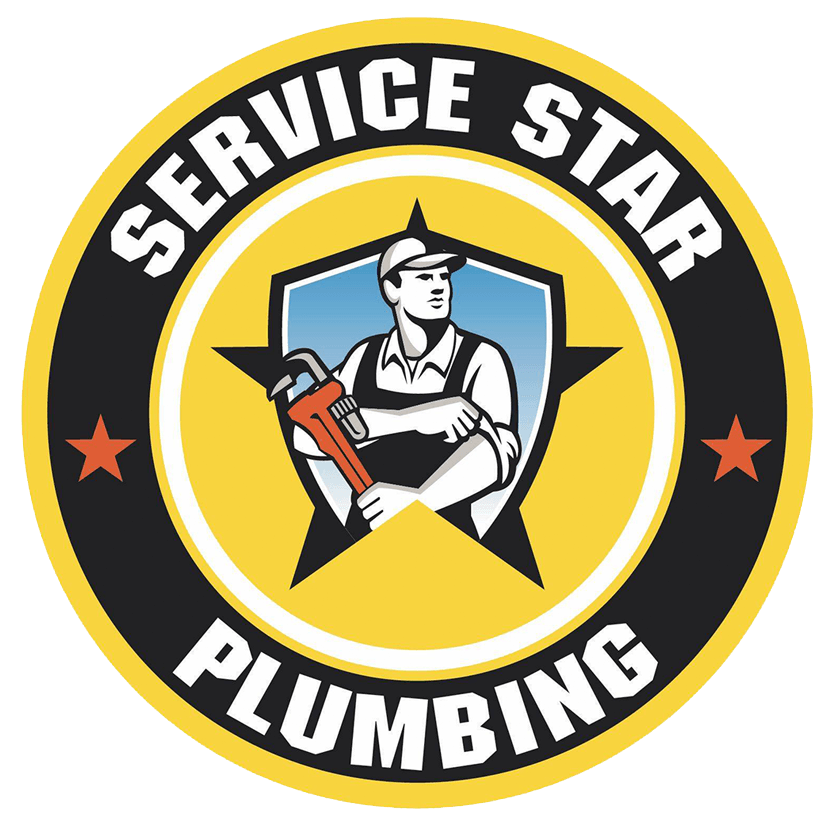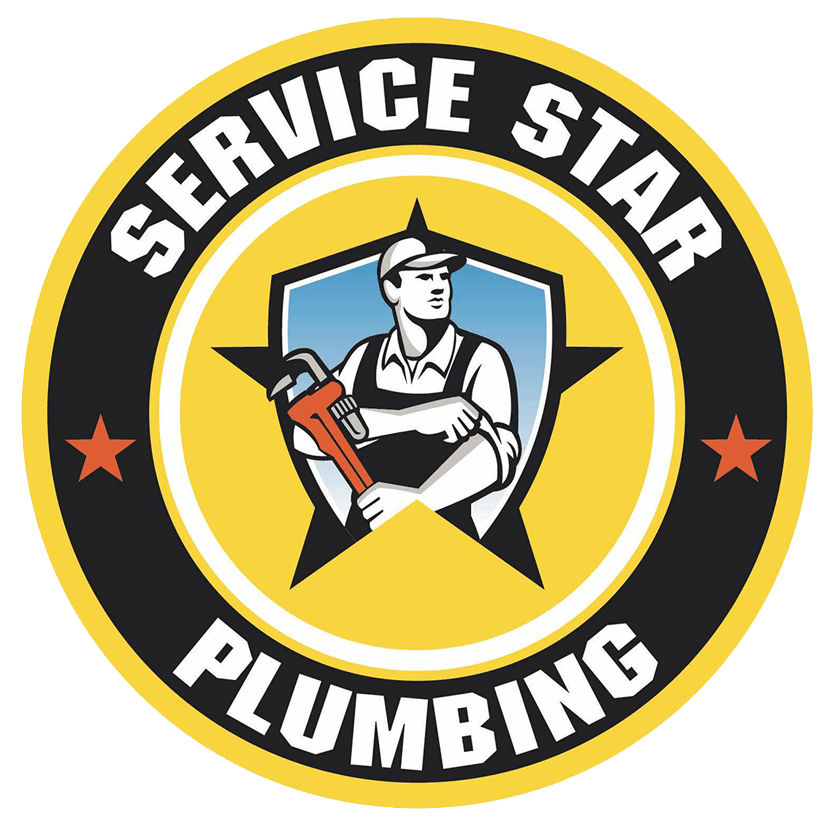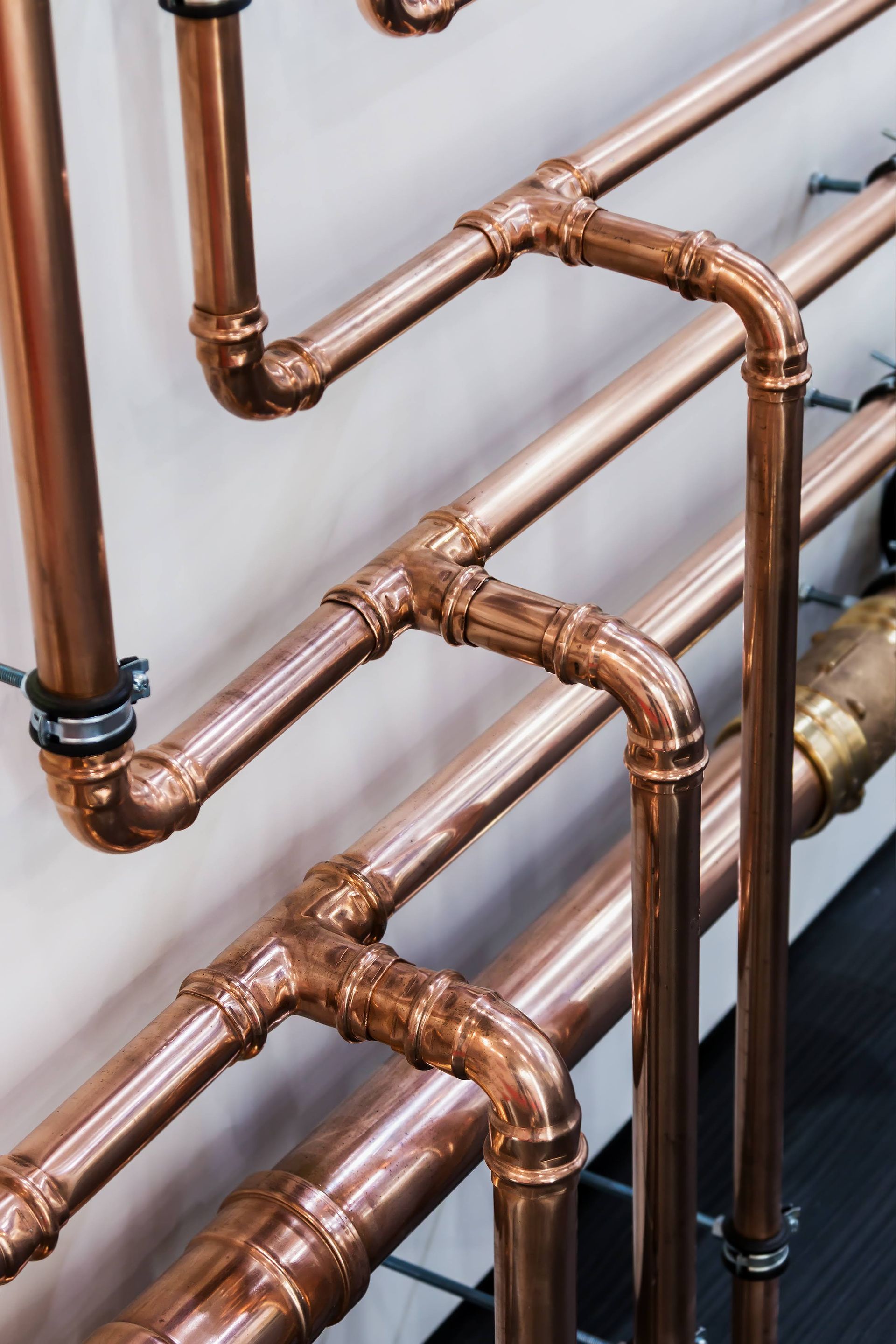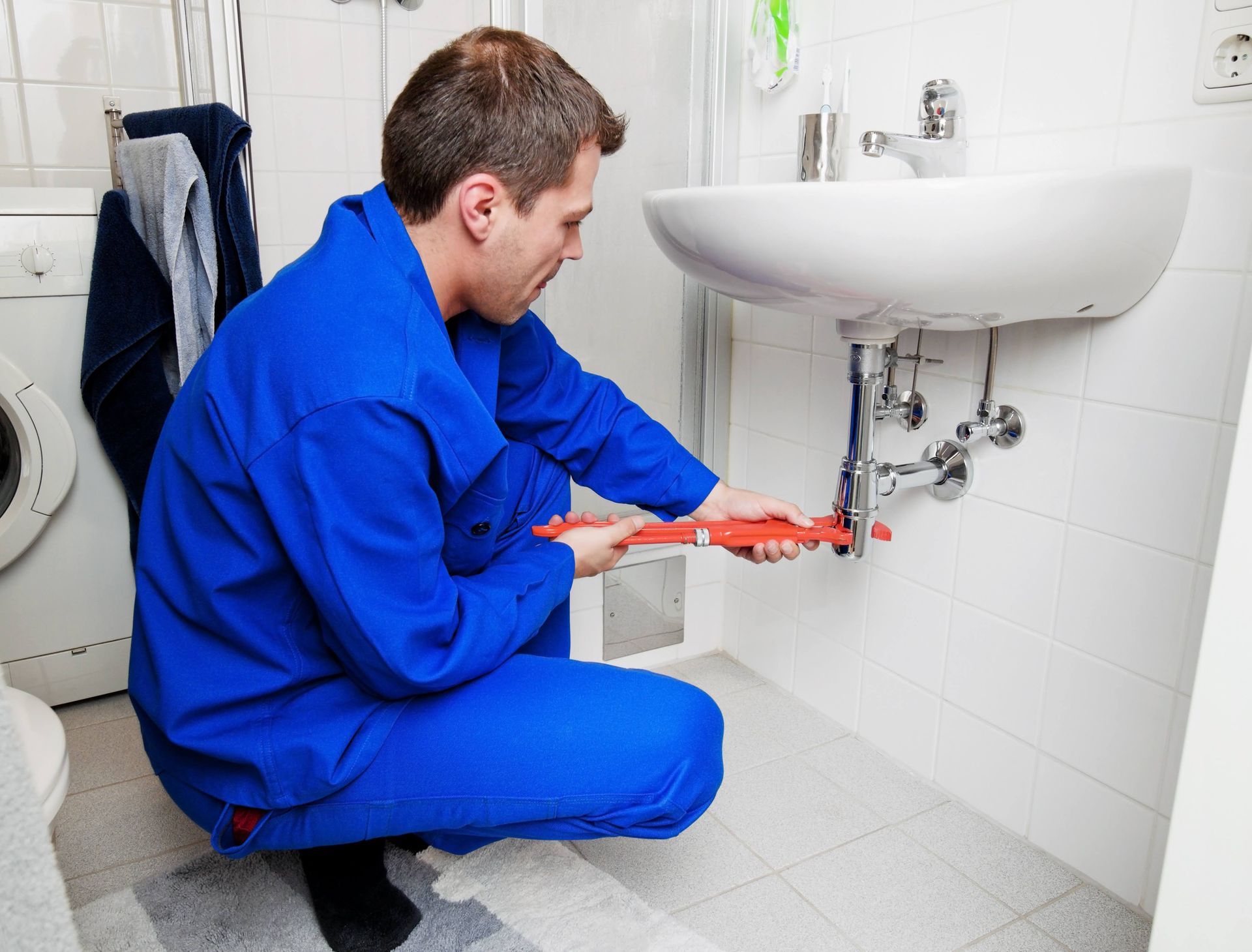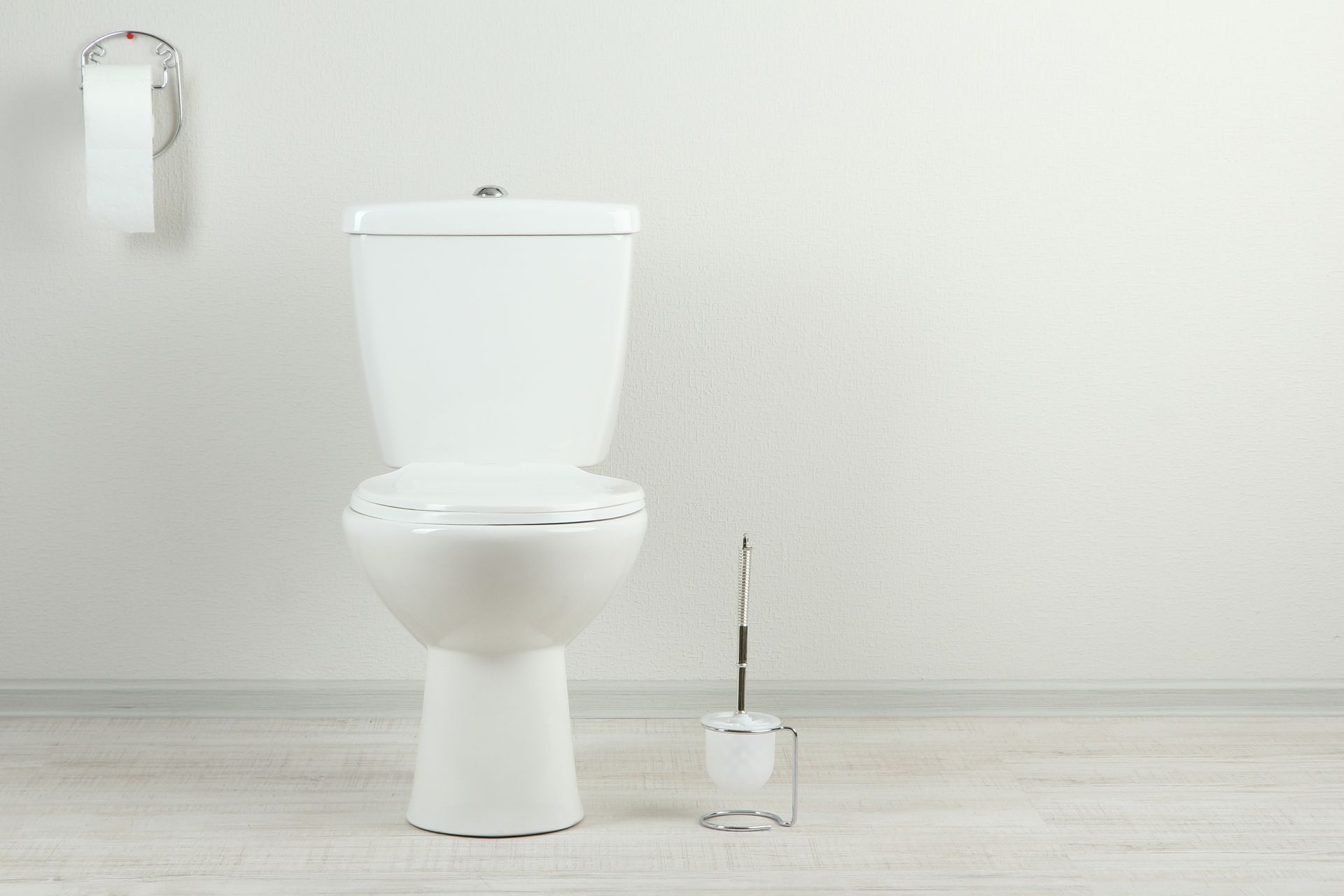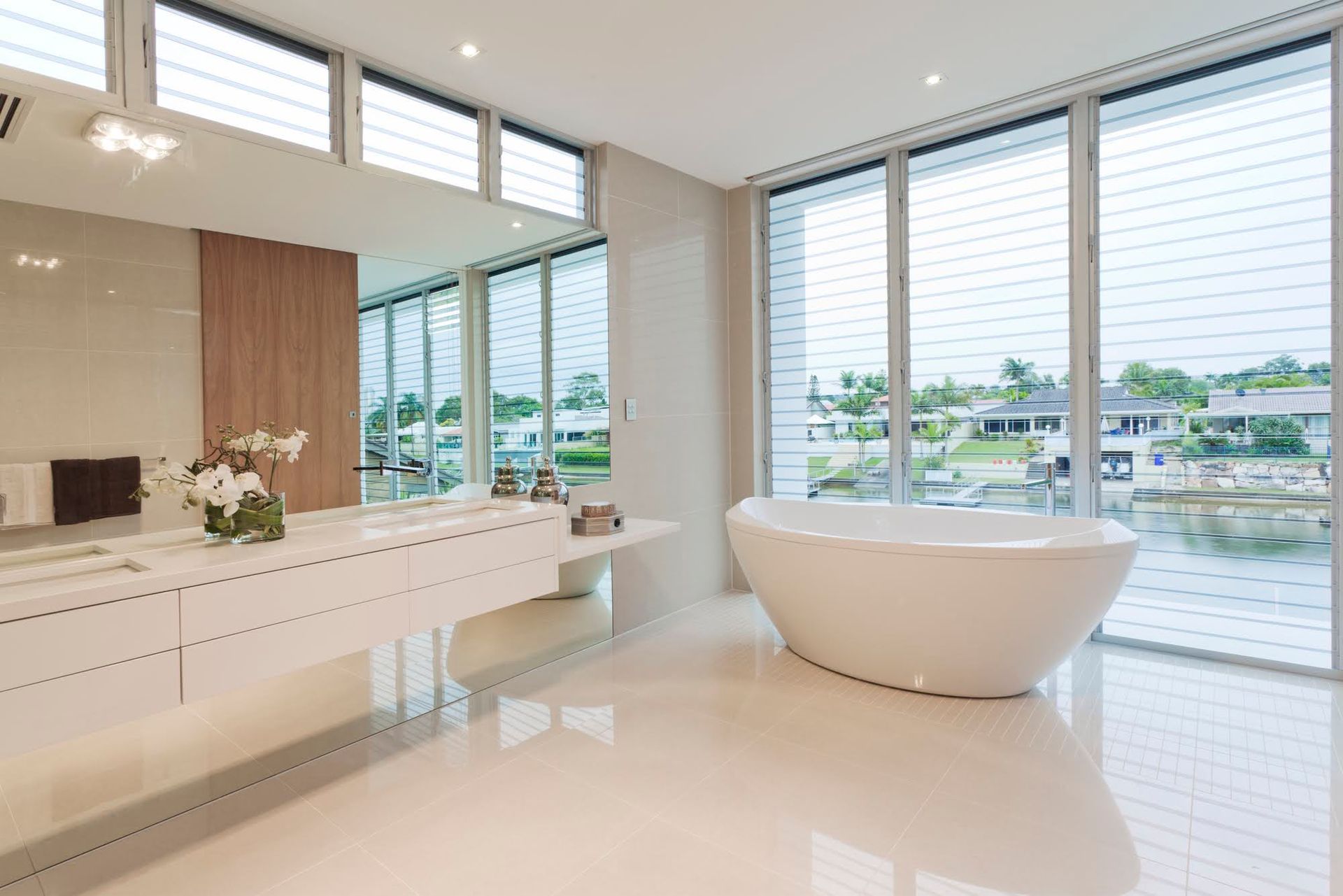Local Plumber In Brooklyn Park Servicing The Twin Cities Metro Area
Local Plumber in Brooklyn Park, MN Servicing Twin Cities Metro Area
Call Us Now!
Your Guide To Water Heaters
Water heaters make it possible for you to have access to hot water for cleaning, cooking, and more. If your water heater is not as efficient or as effective as you'd like, it may be time to consider a new one or ask about repairs and maintenance. To learn everything you should know about water heaters, keep reading.
What Type of Water Heaters Exist?
There are multiple water heater options, but some of the most popular include:
- Traditional tank systems.
- Tankless water heaters.
- Point-of-use water heaters
A traditional system relies on a water tank. The tank keeps a large supply of hot water ready for use. The size of the water tank you need depends on how much hot water your household uses daily. For example, if you live alone, you need a smaller tank than a family of six. Similarly, if you use hot water for washing laundry, you may want a bigger tank than someone who only washes laundry in cold water.
As the name suggests, a tankless system doesn't rely on a water heater tank. Instead, the water runs past a heating element, which warms the water. This system can be large enough to provide hot water to your entire home.
However, you can also ask about point-of-use water heaters. These tankless systems provide hot water to one faucet, such as the main bathroom shower, or the dishwasher. Many people use point-of-use systems to supplement a traditional system or tankless system. Regardless of the system of choice, you can choose between electric and gas for power.
What Are Pros and Cons of Each System?
The biggest advantage to a traditional water heater system is the speed. Since the tank constantly holds hot water, you usually always have immediate hot water. With tankless systems, you must wait a little while the heating element warms up and heats the water.
On the flip side, a water heater tank can run out of hot water if you use too much at once. With tankless systems, you can't run out of hot water because the heating element is actively heating it. You only run out of hot water if the heating element breaks or loses power.
Overall, tankless systems cost more to install. On average, you'll pay between $300 to $3,500 for a traditional water heater, including labor. If you want a whole-home tankless system, you may pay $1,800 to $5,000 for installation and parts.
However, tankless systems only use energy when you use hot water. Traditional tanks use energy constantly to keep the water hot. As a result, you'll lower your monthly energy bills with a tankless system.
Can You Boost Water Heater Tank Efficiency?
If you do have a water heater tank, there are some steps you can take to boost efficiency and lower your monthly energy bills without replacing the system. Start by having the system maintained. Sediment from water slowly builds in the tank, which takes up space, leaving less space for water. In addition, some parts may become worn impacting the tank's efficiency and effectiveness.
You may be able to boost water tank efficiency yourself by adding insulation around the tank. This keeps the water naturally warmer, so it uses less energy to keep the water hot. Add insulation around the pipes that send hot water through the house.
Water heaters are excellent for keeping you comfortable in your home. However, without maintenance, a tank can become ineffective and inefficient. If you would like to know more about water heater options, or if you're considering switching to a tankless water heater, contact us at Service Star Plumbing today.
Business Hours:
Monday - Friday 8:00 am - 4:00 pm
We book appointments 24 hours a day.
